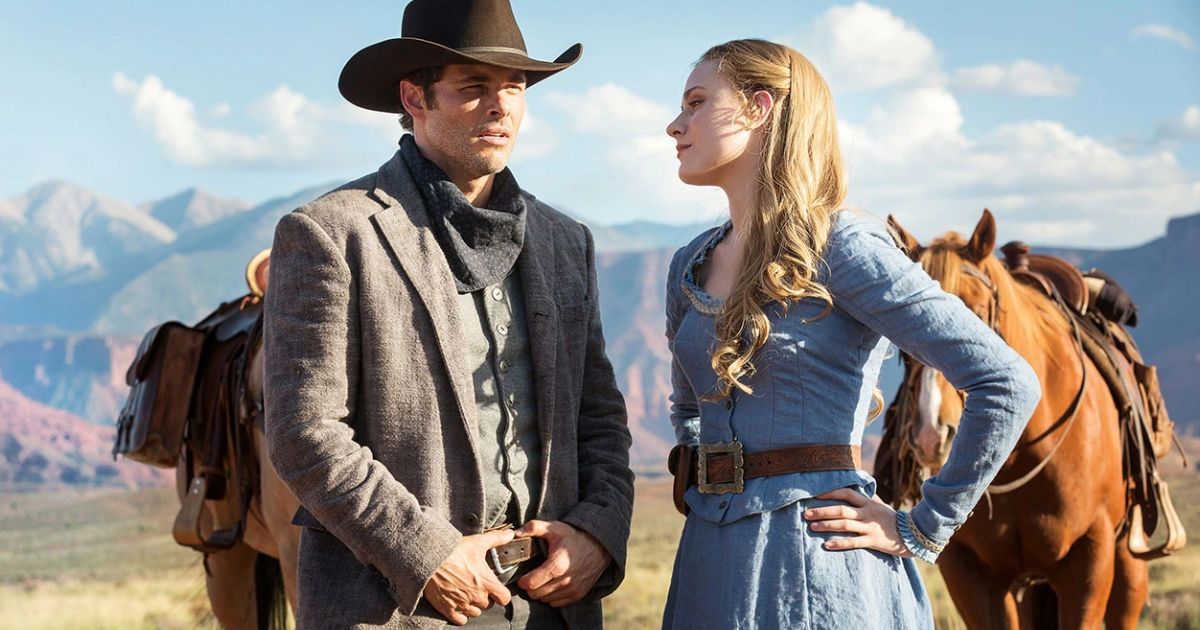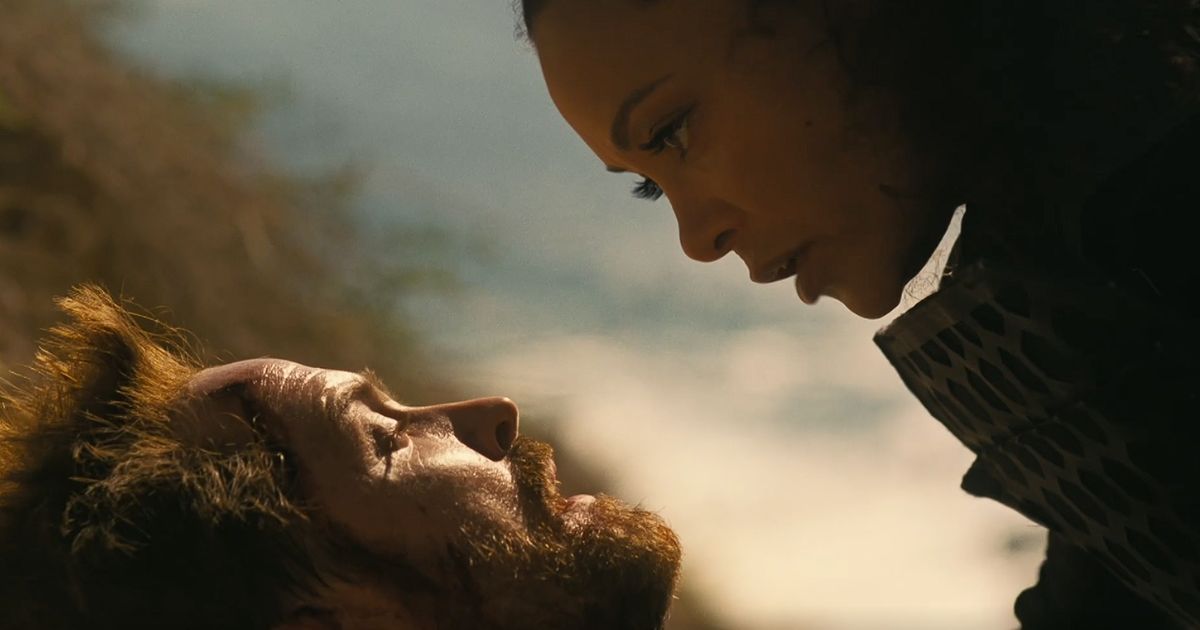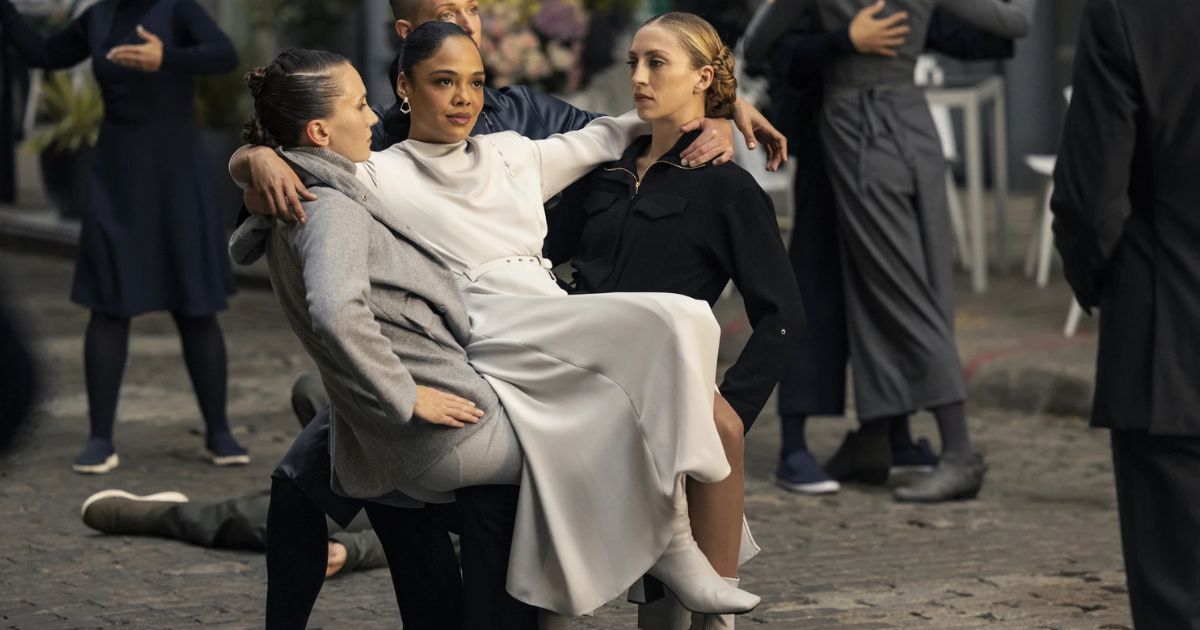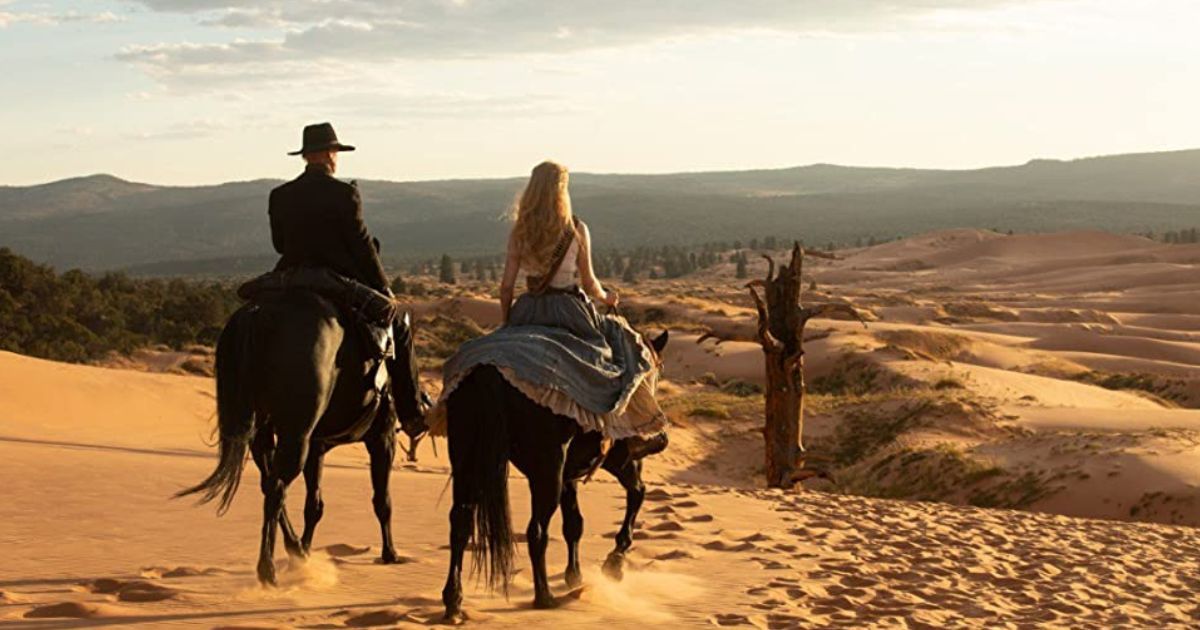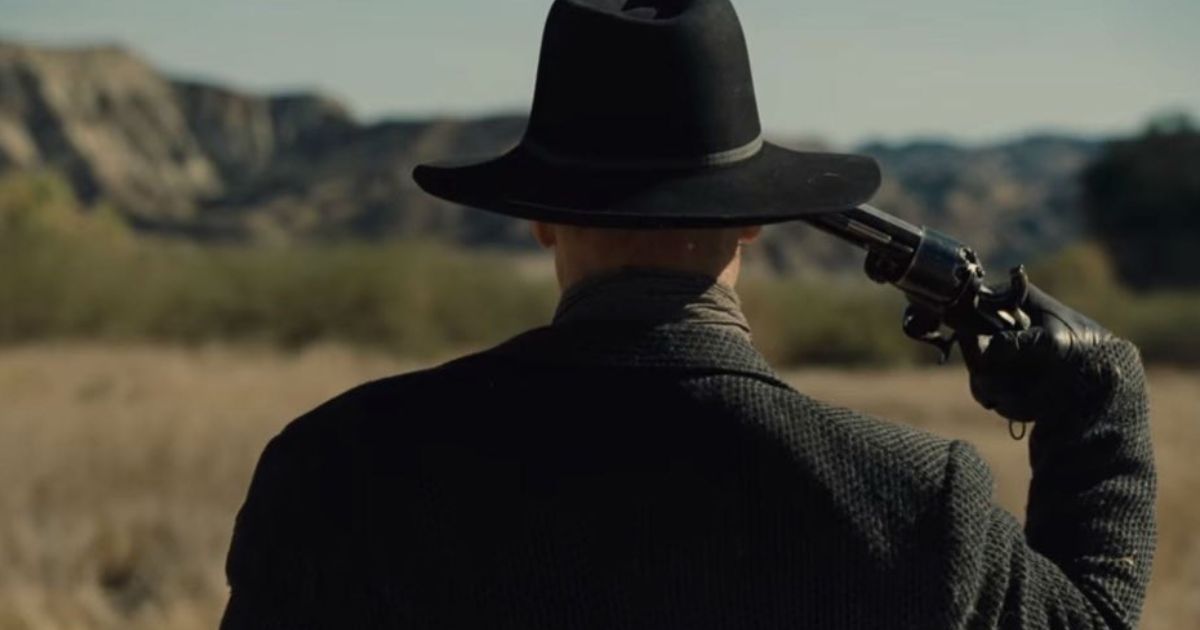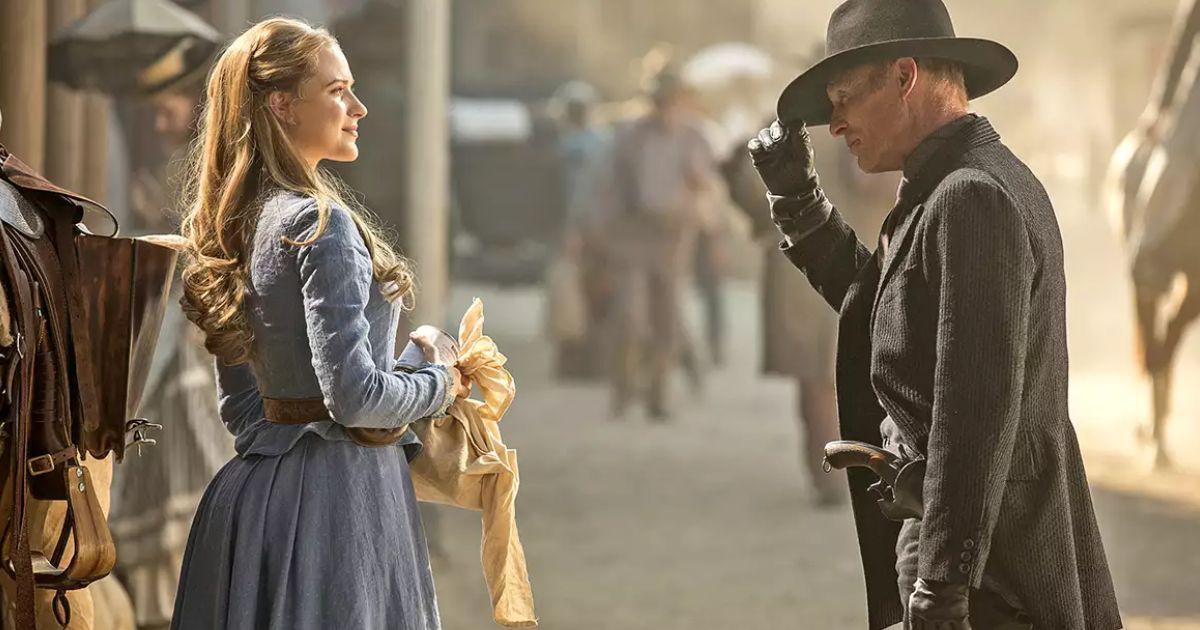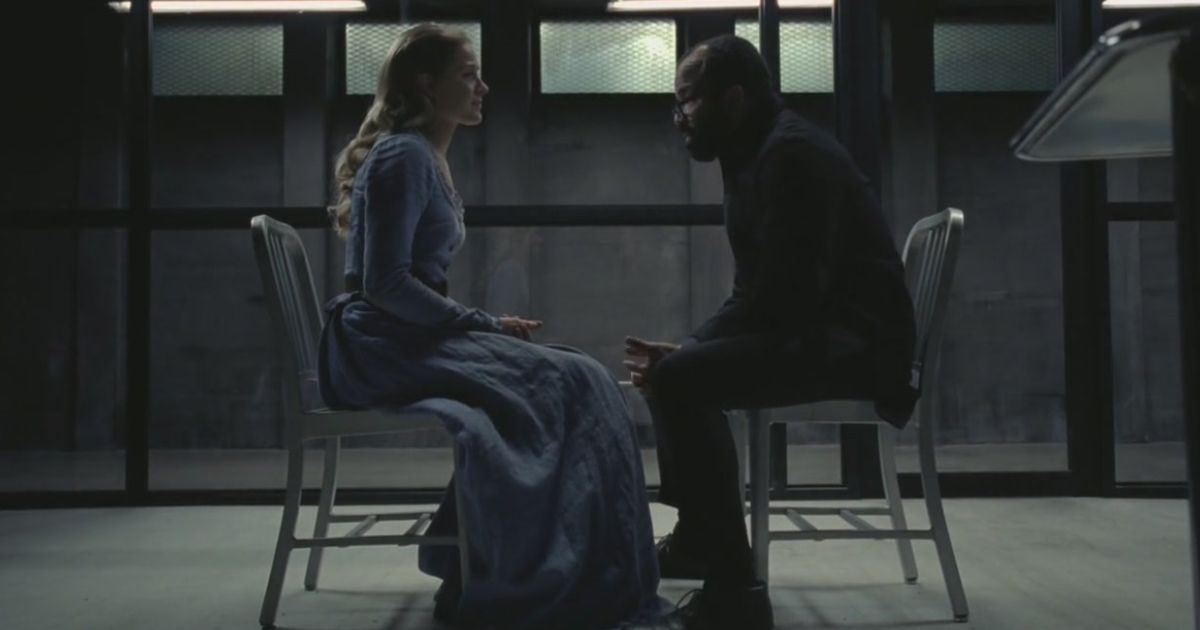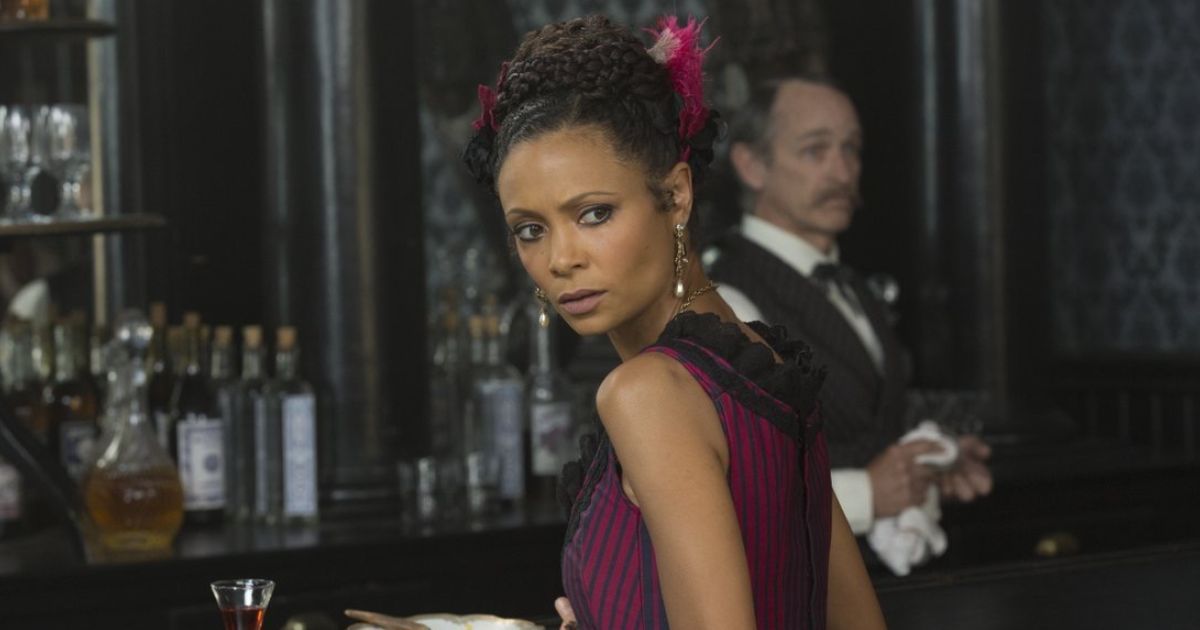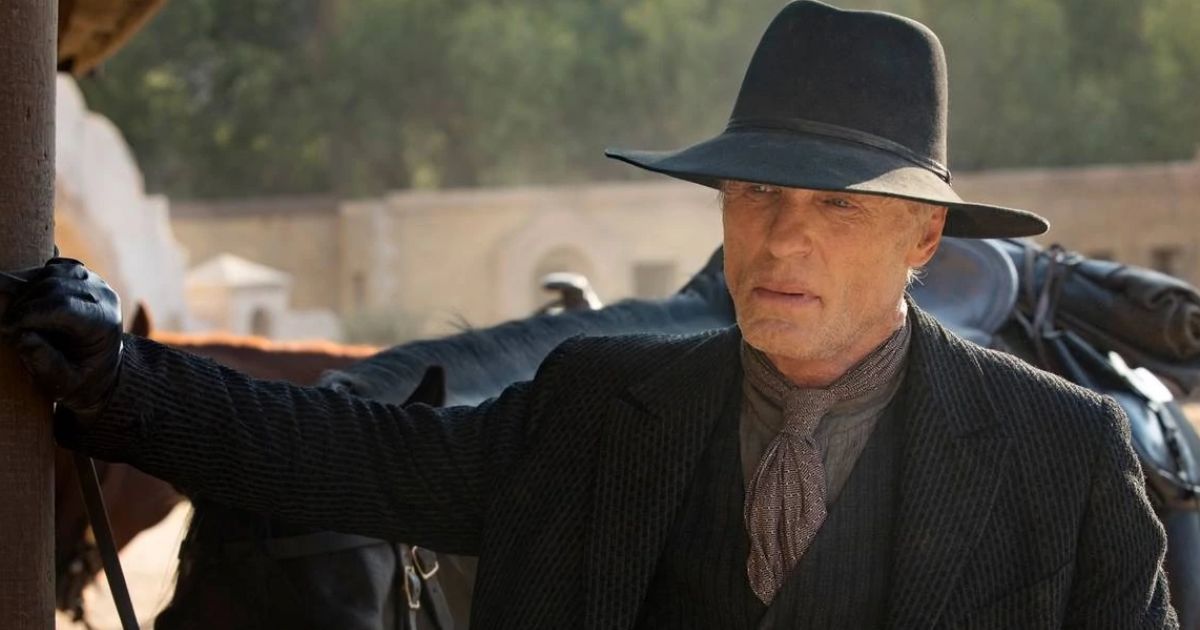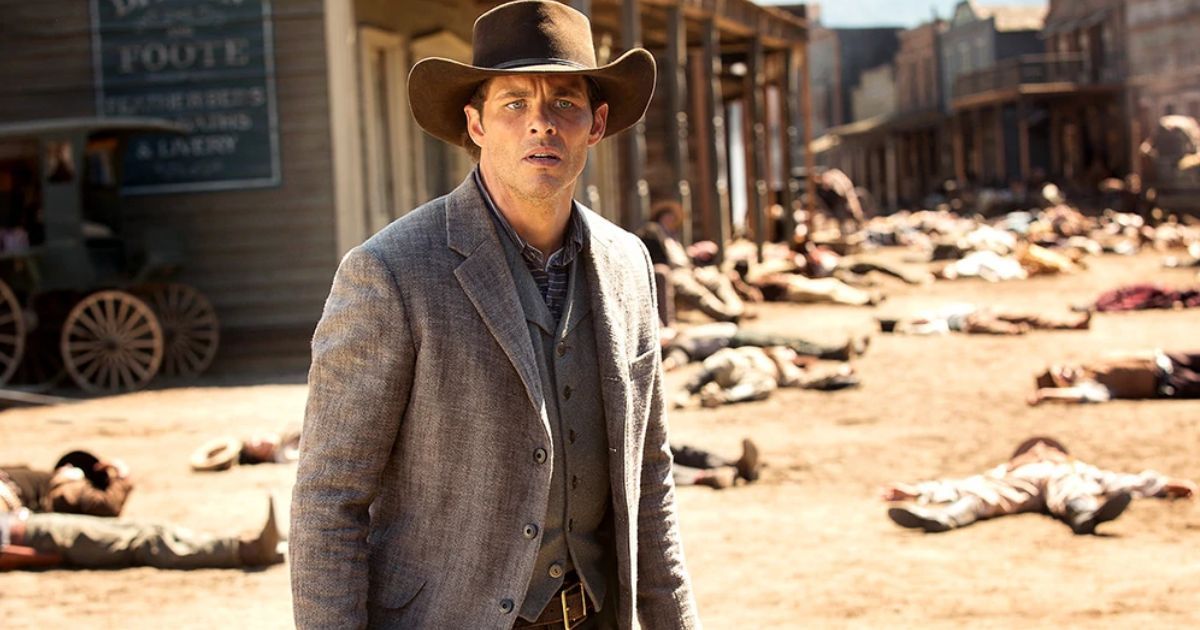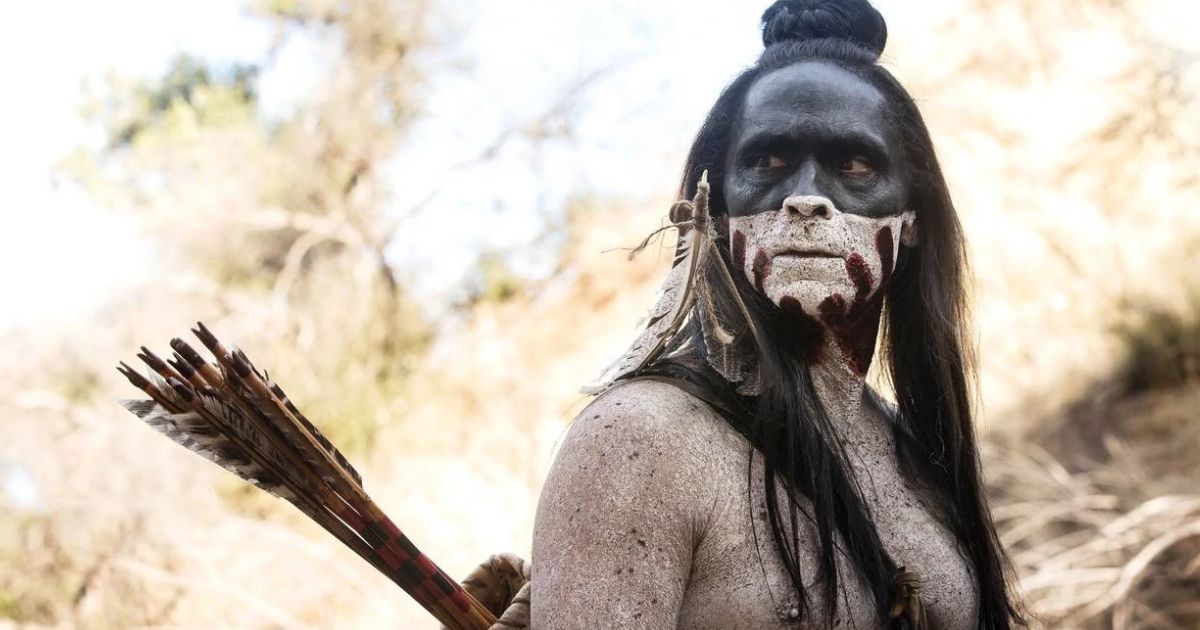Westworld is a dystopian science fiction television series about a western-themed amusement park called Westworld, which is technologically advanced and populated by android hosts. The amusement park allows affluent guests to fulfill their wildest fantasies with help from the park's android hosts that are programmed to not harm humans. The storyline evolves throughout the series, expanding to the real world, and occurs during the mid-21st century, where people's lives are controlled by artificial intelligence. The series was created for HBO by Jonathan Nolan and Lisa Joy, based on the 1973 film of the same title created by Michael Crichton. Westworld stars Evan Rachel Wood, Thandiwe Newton, Jeffrey Wright, James Marsden, Ingrid Bolsø Berdal, Luke Hemsworth, Sidse Babett Knudsen, Simon Quarterman, Rodrigo Santoro, and more.
The first season of Westworld premiered in October 2016, followed by the second, third, and fourth seasons in April 2018, March 2020, and June 2022. HBO was set to produce a fifth and final season, but ultimately canceled the series and removed it from HBO Max on December 18, 2022. Westworld's premiere on HBO had the highest viewership ratings for a premiere since 2014 and is the most-watched first season of any HBO original series. Season 1 also received critical acclaim and awards for performances, visuals, narrative, themes, and musical score, earning 54 nominations and winning nine Primetime Emmy Awards. From the first season and premiere episode, to the fourth season and finale episode of Westworld, here are the best episodes of the series, ranked.
10 "Generation Loss": Season 4, Episode 4
"Generation Loss" is the fourth episode of the fourth season of Westworld, which was written by Kevin Lau, Suzanne Wrubel, and directed by Paul Cameron. In this episode, Maeve and Caleb try escaping from Temperance, Bernard searches for a weapon with the resistance fighters, and Christina reunites with a friend. The episode indicates faults in the Westworld timeline as depicted by Christina, and includes details about the setting having occurred after season four’s 23-year time-skip. "Generation Loss" reveals a multi-decade discrepancy between plot lines, which reverts the timeline of the central storyline, and explains how the three timelines are connected. The title of the episode is explained as the next generation becomes a complicit human race, lost to subservience under hosts, as envisioned by Hale.
9 "Zhuangzi": Season 4, Episode 5
"Zhuangzi" is Westworld’s fifth episode of the fourth season and thirty-third episode overall, written by Wes Humphrey, Lisa Joy, and directed by Craig William Macneill. The episode begins with William narrating, "It was a dream for so long, and we finally made it real. Not a better world. A perfect world." During the episode, Christina questions the nature of her reality, while Hale has William track a breached human outlier. The title "Zhuangzi" refers to the Daoist philosopher Zhuangzi and his tale 'The Butterfly Dream' or 'Dream Paradox’. The tale applies to Christina awakening to a world which may not be real but merely the semblance of a dream. The tale also applies to the Outliers awakening from a parasite inspired by a dreamlike existence.
8 "The Passenger": Season 2, Episode 10
"The Passenger" is the tenth episode of the second season of Westworld, written by Jonathan Nolan, Lisa Joy, and directed by Frederick E.O. Toye. In this episode, each character in the past intersects at the Valley Beyond, Bernard makes a decision regarding Dolores and Strand, and the final plot twist is revealed which connects both timelines of the season. The episode concludes with a scene after the credits, similar to season one’s finale. “The Passenger” was nominated for Outstanding Special Visual Effects at the 70th Primetime Creative Arts Emmy Awards and Jeffrey Wright's was nominated for Outstanding Lead Actor. The episode received praise for plot resolution and cast performances of Evan Rachel Wood, Jeffrey Wright, Thandiwe Newton, and Tessa Thompson.
7 "Vanishing Point": Season 2, Episode 9
"Vanishing Point" is the ninth episode in the second season of Westworld, which was written by Roberto Patino and directed by Stephen Williams. In this episode, the Man in Black and Emily discuss the topics of their relationship, family, Teddy's consciousness, Maeve’s message from Ford, Hale reproducing Maeve's newfound abilities with help from Clementine, and a choice is made by Bernard regarding Ford and Elsie. "Vanishing Point" received positive reviews from critics, and praise for the cast performances of Ed Harris and James Marsden, including for the plot advancement into the next episode of the finale episode of the second season. The episode was also the selection of Ed Harris, which supported his nomination for the Outstanding Lead Actor award at the 70th Primetime Emmy Awards.
6 "The Original": Season 1, Episode 1
"The Original" is the first episode in the first season of Westworld, which was written by Jonathan Nolan, Lisa Joy, and directed by Michael Crichton. The episode is dedicated to the memory of Eddie Rouse, who portrayed Kissy and died days after filming. In this episode, the Westworld amusement park is conveyed from both the perspectives of the androids and humans. "The Original" premiered to 1.96 million American viewers, and 3.3 million viewers across HBO’s streaming platforms, which made it the network's most viewed series premiere since True Detective. The episode also received awards for the Art Directors Guild's ADG Excellence in Production Design Award for One-Hour Period or Fantasy Single-Camera Series, and the Primetime Emmy Awards' Outstanding Makeup for a Single-Camera Series (Non-Prosthetic).
5 "The Well-Tempered Clavier": Season 1, Episode 9
"The Well-Tempered Clavier" is the ninth episode in the first season of Westworld, which was written by Dan Dietz, Katherine Lingenfelter, and directed by Michelle MacLaren. The episode is the only one of the season that was not written by creators Jonathan Nolan or Lisa Joy; but by Dietz, who worked with Nolan on Person of Interest, and Lingenfelter, who worked with Joy on Pushing Daisies. MacLaren credits several of the episode's most memorable scenes to have been created "with clever practical effects in lieu of digital effects", including transitioning between Dolores' timelines, the Man in Black escaping the noose, and Maeve and Hector's sex scene in a burning tent. Critics praised the episode for Arnold's revelation and performances by Jeffrey Wright and Anthony Hopkins.
4 "Trompe L'Oeil": Season 1, Episode 7
"Trompe L'Oeil" is the seventh episode in the first season of Westworld, written by Halley Gross, Jonathan Nolan, and directed by Frederick E.O. Toye. The title honors trompe-l'œil art. In this episode, Theresa meets with Hale and reveals conspiring with the Delos board in sneaking out the host research and code of Dr. Ford and Arnold's from the park, to force Dr. Ford to retire without losing the code. Meanwhile, Maeve attempts to make Clementine self-aware as the park staff approach to take her away, and Maeve commits suicide so that she can follow. The episode premiered to 1.75 million viewers in America, and 1.05 million viewers on Sky Atlantic in the United Kingdom, with positive reviews from critics for the ending.
3 "The Riddle Of The Sphinx": Season 2, Episode 4
"The Riddle of the Sphinx" is the fourth episode in the second season of Westworld, written by Gina Atwater, Jonathan Nolan, and directed by Lisa Joy. The opening shots captured "this mysterious, futuristic environment that you feel somewhat displaced in" from 2001: A Space Odyssey. During the episode, Grace is taken to Ghost Nation, and the prisoners are taken to Akecheta, where a Ghost Nation elder prepares to sacrifice them. Meanwhile, a series of flashbacks reveals William and James tried implanting James' consciousness into a host body to achieve immortality by creating a human-host hybrid. Joy was drawn to the script written by Atwater and Nolan, because it explored William's character in more depth, and her goal for the episode was to combine different genres.
2 "The Bicameral Mind": Season 1, Episode 10
"The Bicameral Mind" is the tenth episode and first season finale of Westworld, which was written and directed by Lisa Joy and Jonathan Nolan. The title bears reference to the meaning of bicamerality, a hypothesis on the evolution of consciousness, a topic that is a subtext throughout the series. In this episode, Dolores is confronted by The Man in Black about Wyatt, provoking her to experience more of her memories. "The Bicameral Mind" received widespread critical acclaim and was praised for Anthony Hopkins' performance. The episode also won the Golden Reel Awards' Best Sound Editing – Long Form Sound Effects and Foley in Television, the 69th Primetime Creative Arts Emmy Awards' Outstanding Sound Mixing for a Comedy or Drama Series (One-Hour), and Outstanding Special Visual Effects.
1 "Kiksuya": Season 2, Episode 8
"Kiksuya" is the eighth episode in the second season of Westworld, which was written by Carly Wray, Dan Dietz and directed by Uta Briesewitz. The title of the episode is the Lakota translation for "Remember", and most of the dialogue in the episode is in the language of Lakota. In this episode, the Ghost Nation's Akecheta recovers an injured William, and protects him by keeping guard over him, and realizes she obtains memories of her past narratives by seeing Maeve's daughter scared of William. "Kiksuya" premiered to 1.44 million viewers, and received critical acclaim, with the critical consensus stating, "Zahn McClarnon delivers a formidable, heart-wrenching performance, elevating 'Kiksuya' from Westworld's frequent philosophical filler to one of the best episodes of the entire series."

